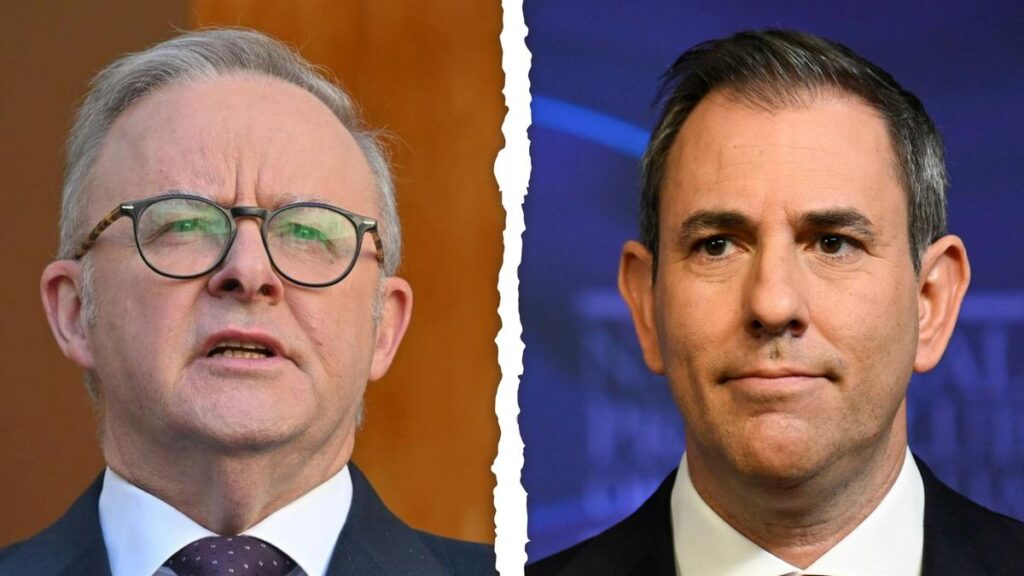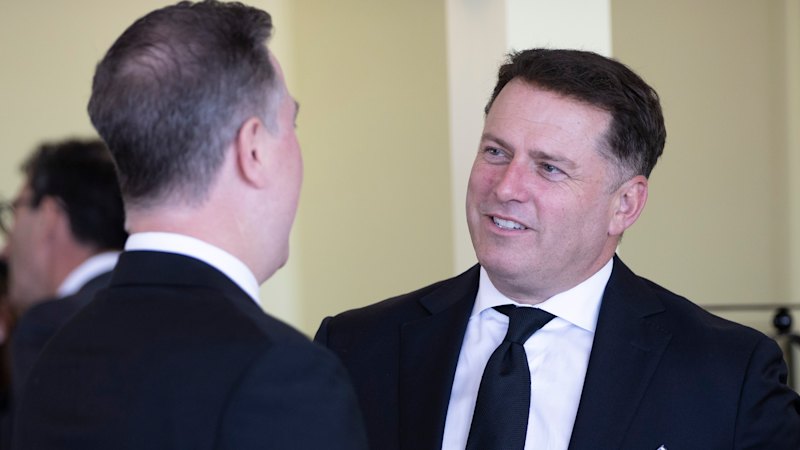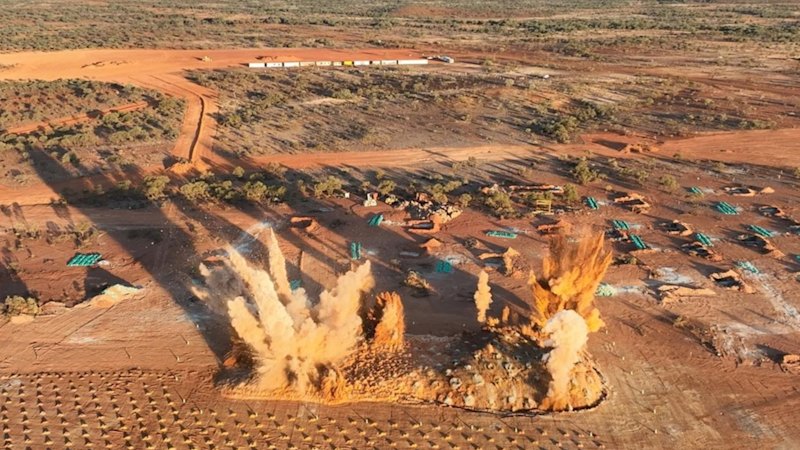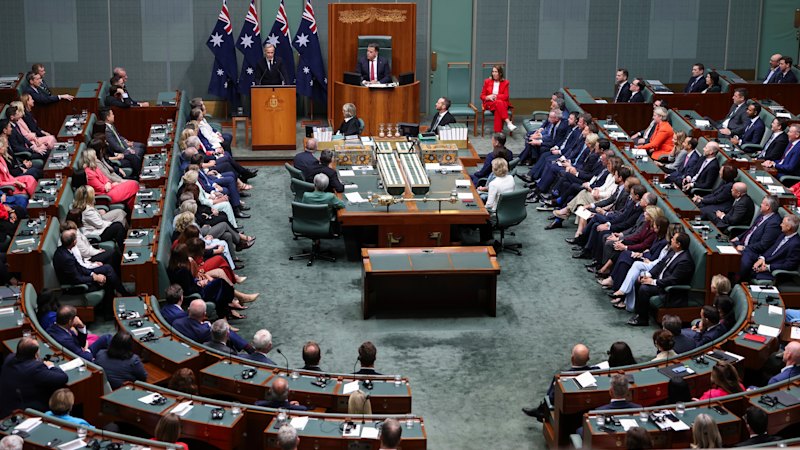
Anthony Albanese and Jim Chalmers are trying desperately to bring them back into check.
Discussions held in Canberra’s cabinet room over three days have led Australian Prime Minister Anthony Albanese and Treasurer Jim Chalmers to clarify expectations surrounding the government’s initiatives. While the roundtable discussions generated a wealth of suggestions, both leaders emphasized that these talks will not serve as a comprehensive solution to the nation’s complex challenges.
During the meetings, the government encountered a flood of ideas and recommendations from various stakeholders. However, Albanese and Chalmers made it clear that the outcome would not result in immediate or sweeping reforms. The Prime Minister noted that while input from diverse voices is invaluable, it is essential to prioritize and filter these suggestions through a practical lens.
The discussions, which took place from March 12 to March 14, 2024, aimed to engage various sectors in addressing pressing national issues. Participants included representatives from business, community organizations, and academia, all of whom brought unique perspectives to the table. Despite the enthusiasm surrounding these gatherings, both leaders stressed the importance of tempered expectations.
Chalmers pointed out that the government remains committed to addressing economic inequalities and enhancing social welfare. He stated, “We are listening, and we are taking these ideas seriously, but we must also be realistic about what can be achieved.” This statement underscores the balancing act the government faces between public expectations and the practicalities of governance.
Albanese echoed this sentiment, highlighting that while collaboration is crucial, the government must also ensure that any proposed solutions are feasible within the current political and economic landscape. The Prime Minister remarked, “This is not just about generating ideas; it’s about implementing effective policies that can lead to tangible change.”
The roundtable discussions have sparked a conversation across various sectors, with many participants expressing their hopes for future engagement. Yet, the government’s leaders remain cautious about raising expectations too high. They are aware that while the dialogue is essential, the complexities of policy-making often require more than just good ideas.
As the Australian Government moves forward, it will be vital for Albanese and Chalmers to maintain transparency and communication with the public. The leaders are tasked with not only filtering through the numerous suggestions but also articulating a clear path forward that resonates with the Australian populace.
In summary, the recent talks in Canberra have set the stage for ongoing dialogue about Australia’s future. Yet, as Albanese and Chalmers have made clear, the road from discussion to implementation will be a measured one, with a focus on achievable outcomes rather than lofty promises.







